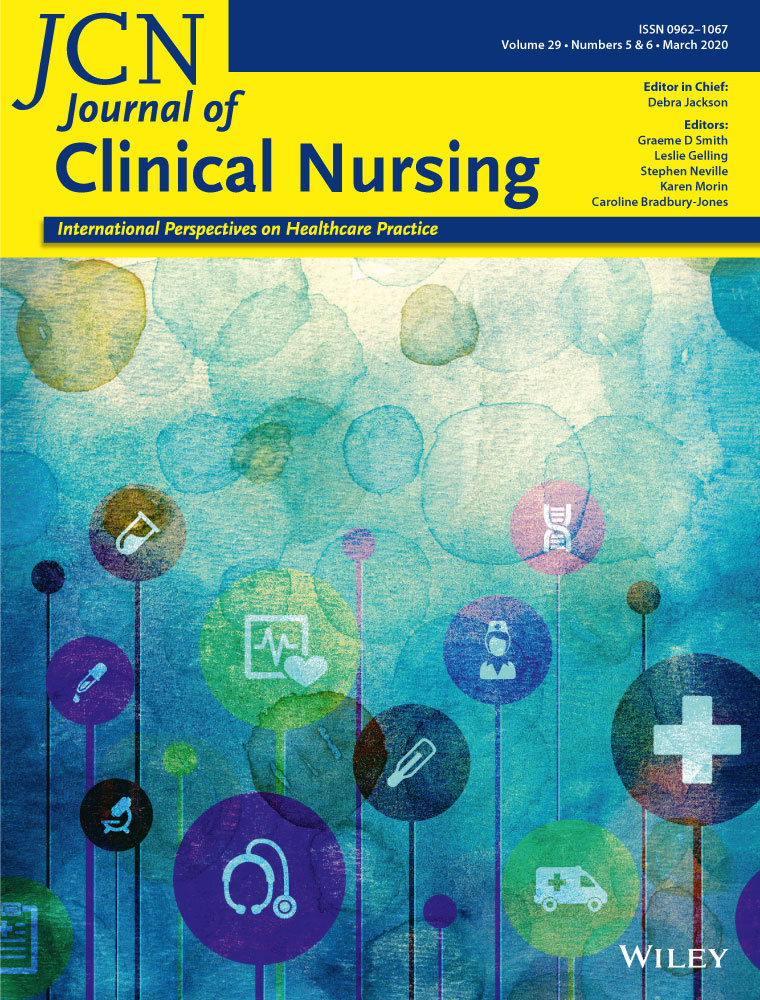Assessing the impacts of an interdisciplinary programme supporting father involvement on professionals’ practices with fathers: A qualitative study
Funding information
This work was supported by Fonds de Recherche du Québec - Santé (32742). The funding organisation had no involvement in the data collection, analysis, and interpretation of data, nor in the decision to submit this article for publication.
Abstract
Aims and objectives
The study aimed to assess the impacts of the Father-Friendly Initiative within Families (FFIF) programme, an interdisciplinary programme supporting father involvement, on health professionals’ practices with fathers.
Background
It is increasingly recognised that father involvement benefits children's cognitive and social development and contributes to both parents’ well-being. Recent research has shown health professionals’ support to be a protective factor in father involvement. Research results were translated into practice through the implementation of a programme, the FFIF, aimed at empowering health professionals to support father involvement.
Design
The study employed a qualitative impact assessment approach based on semi-structured interviews with 36 health professionals to assess the impacts of the FFIF on professionals’ practices with fathers.
Methods
A total of 36 health professionals were interviewed (13 nurses, 10 social workers, six community workers, three educators, two psychoeducators, one health manager, and one special education teacher). Interviews were transcribed, and a qualitative thematic analysis was carried out. This study is presented in line with COREQ’s checklist.
Results
Impacts of the FFIF on health professionals were seen in changes on three fronts: (a1) their beliefs; (b) their conception of their role; and (c) their interventions. These changes related to three themes: (a) difficulties experienced by fathers; (b) importance of father involvement; and (c) differences between fathers and mothers. The professionals, having realised the importance of their own role in improving the services offered to fathers, made concrete changes in their interventions, such as reaching out to fathers more effectively, encouraging their participation and treating them fairly and equitably.
Conclusions
After attending this interdisciplinary programme supporting father involvement, participating professionals adopted father-friendly beliefs, redefined their conception of their role and modified their interventions.
Relevance to clinical practice
To provide family-centred care, nurses and other health professionals need to adopt father-inclusive practices.
CONFLICT OF INTEREST
No conflict of interest to declare.




